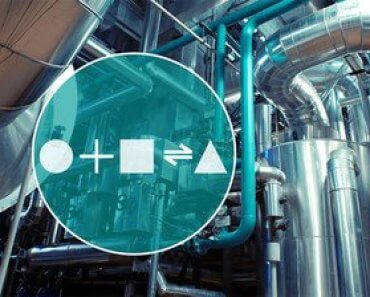Description
Biomass is the only renewable feedstock which contains the carbon atoms needed to make the molecules to create chemicals, materials and fuels. However, the majority of our current scientific and industrial knowledge on conversion is based on fossil feedstock processing. Join this course if you want to advance your career and explore the relevant fundamental knowledge on (bio)catalytic conversionfor producing(new) biobased building blocks, chemicals and products. The focus on this course is the design of an effective (catalytic) process for the conversions of biobased feedstocks to desired products. Unique for bioconversion is the presence of the elements O, N, P, S and large quantities of water. You will therefore will explore: Microbial, biochemical and chemical (i.e., catalytic) conversion routes. How to use biocatalysts, home- or heterogeneous catalysts and optimize the process of conversion. Tune catalysts to their specific advantages and disadvantages for biobased conversions. The influence of the reactor choice as an inevitable asset in the process. How to describe the productivity of catalytic processes depending on the choice of the reactor and how the choice of the reactor can add to the stability of the conversion process. The knowledge gained in this course will allow you to design processes specifically targeted on biomass based conversions. Learners will also have the opportunity to interact with chemists, engineers and scientists who mainly focus on the traditional fossil-based conversions. This course is part of the MicroMasters programme in Chemistry and Technology for Sustainability: a series of 3 courses and a final capstone project designed togive you the skills needed tocontribute toand embrace the transition from a fossil-based economy to a biobased one. It’s especially valuable to those who have (or ambition to have) a career in industries such as: the (bio)chemical industry, agrifood water companies, energy producers, logistics, and related (non-)governmental organizations. Explore the other courses in the MicroMasters programme: Biorefinery: From Biomass to Building Blocks of Biobased Products From Fossil Resources to Biomass: A Business and Economics Perspective Capstone – Final project and exam (only available to learners who have obtained verified certificates in all other courses of the MicroMasters programme).
Price: FREE to audit!
Catalytic Conversions for Biobased Chemicals and Products through edX, a platform for education founded by Harvard and MIT.
TUN Helps Students!
Scholarships
Community
Copyright, 2025 – TUN, Inc

